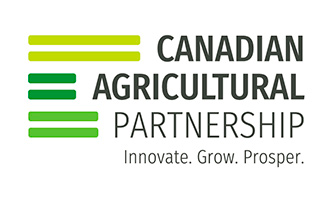Key Result
This project is still in progress and aims to evaluate to what extent precision 4R management, based on in-field management zones, can impact nitrogen fertilizer use efficiency and nitrous oxide emissions.
Project Summary
This research evaluates how precision 4R management, based on within-field management zones, can impact nitrogen fertilizer use efficiency and if they can potentially reduce nitrous oxide (N2O) emissions in canola fields. Precision 4R practices of using nitrification inhibitors and tailoring nitrogen rates to management zones within fields of canola will be examined to determine if reductions in N2O emissions can be achieved.
The research will be conducted on three commercial farm fields in the Prairie region. The treatments and agronomic management will be on-farm and conducted by growers in their own fields. Nitrous oxide emission, nitrogen cycling, and nitrogen use efficiency will be monitored within management zones in each field.
The specific objectives are to:
- Evaluate to what extent precision 4R management, based on within-field management zones, impact nitrogen fertilizer use efficiency (kg N uptake/kg N supply) in canola.
- Evaluate if combining variable rate and variable nitrogen source based on within-field management zones reduces N2O emissions (kg N2O-N/ha, kg N2O-N/kg yield and kg N2O-N/kg N fertilizer) of the canola fields.
- Determine if precision 4R nitrogen management based on within-field management zones can increase profitability of canola production on the Canadian Prairies





